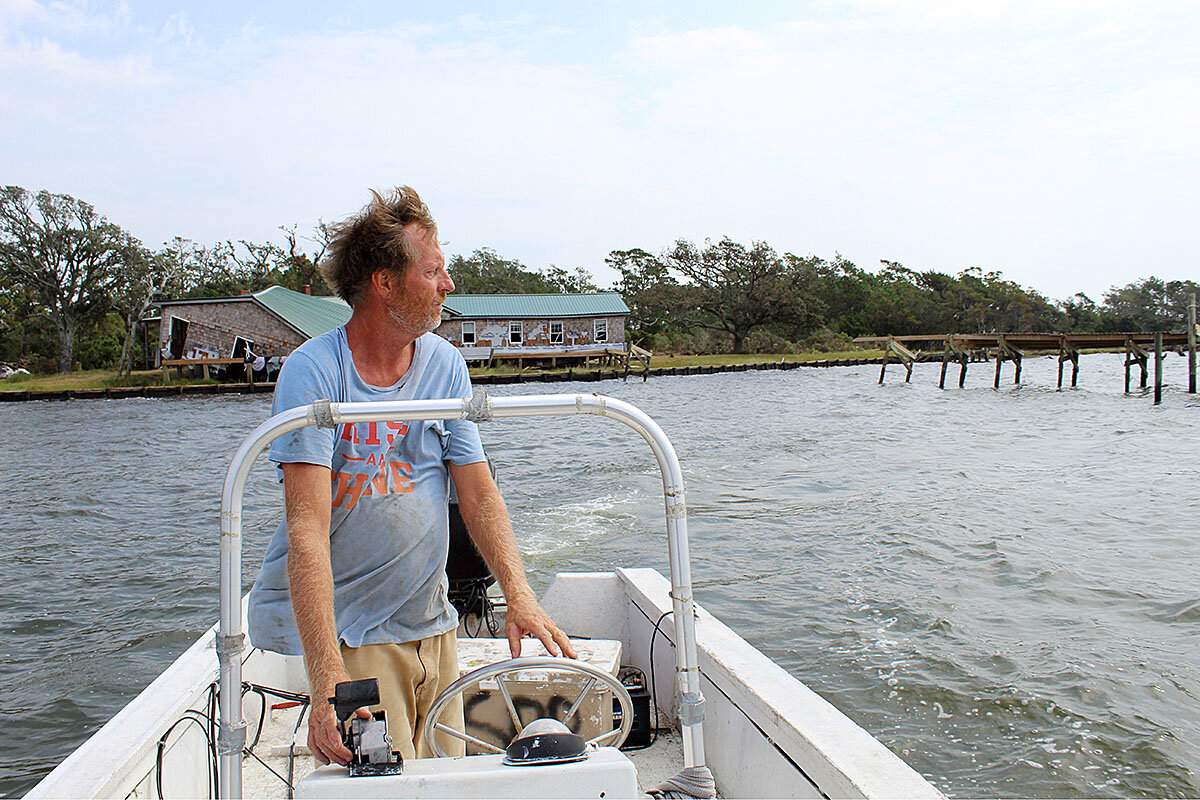The cradle of the Arab Spring, Tunisia gets surprisingly little attention. As elections near, our reporter returns for a multimonth visit and finds a young democracy that may have lessons to offer established ones.
Monitor Daily Podcast
- Follow us:
- Apple Podcasts
- Spotify
- RSS Feed
- Download
 Clayton Collins
Clayton Collins
Today we look at citizen confidence in a young Arab democracy, high-stakes symbolism in a U.S. state election, relief (and kinship) on a battered coast, a global accounting of a humanitarian concern, and a bold push for engagement with women’s sports.
First, a look at three efforts to promote the exchange of perspectives.
Scholars have long endorsed openness to ideas. Now more colleges want to fuel that flow by discouraging students from using social media to over-engineer their choice of roommate. Risk may rise with random pairings. So can rewards.
“As campus administrators have long argued, people (ought to) attend college not only to get a degree,” writes Alia Wong in The Atlantic, “but also to transcend their comfort zone – by engaging with people, disciplines, and ideas that diverge from what they are used to.”
That’s no less important when students shift into “service years.” One response: a pilot program in San Jose, California, that encourages empty nesters to make room for housing-hungry kids whose stipends can’t cover rent, but who can provide companionship and exchange views.
“It’s kind of a perfect, natural fit,” a program manager tells The Mercury News.
And in the workplace, an “open hiring” ethos may be broadening. Greyston began as a bakery in Yonkers, New York. Last summer it became a center for promoting a leap-of-faith style of hiring that minimizes traditional tripping points like criminal records or a need for life-skills coaching – and deepens workplace diversity.
“We’ve gotten a lot of inbound interest,” chief executive Mike Brady tells Fast Company. Fifteen organizations, including Unilever and NYU’s Stern School of Business, have signed on.











